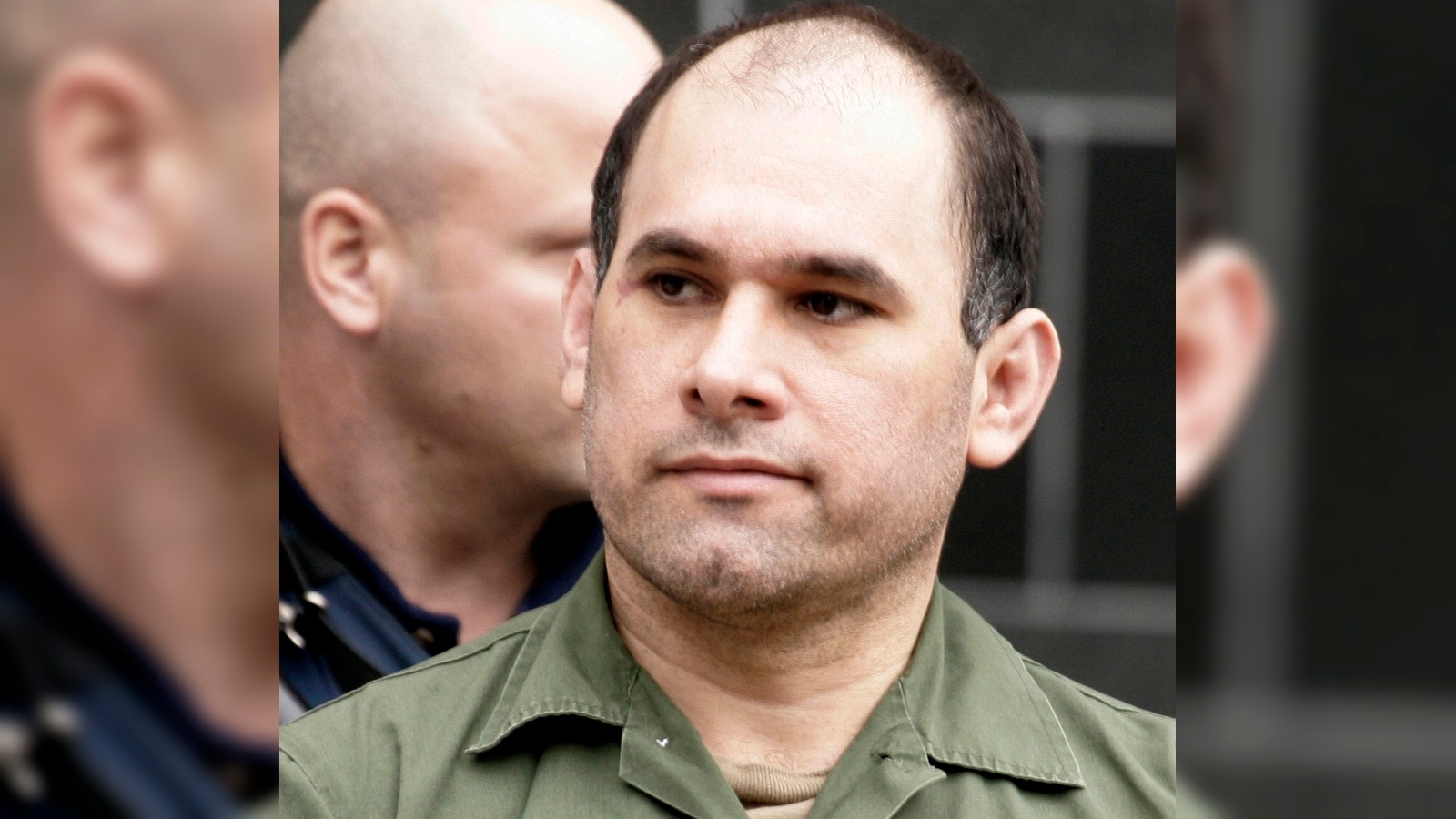Osiel Cardenas Guillen, the infamous former leader of the Gulf Cartel and Los Zetas, was deported back to Mexico after serving time in the United States for drug trafficking, money laundering, and extortion.
The 57-year-old kingpin was handed over to Mexican authorities on Monday, December 16, after being released from a U.S. prison earlier in the year.
Cardenas Guillen had been behind bars since his capture in 2003. Four years later, he was extradited to the U.S., where he pleaded guilty to numerous charges, including trafficking cocaine and marijuana across the U.S.-Mexico border.
Following his release from prison in August, Cardenas Guillen was taken into the custody of U.S. Immigration and Customs Enforcement (ICE) to await deportation.
He was escorted by ICE officers through the San Diego port of entry, where he was transferred to Mexican law enforcement without incident.
ICE’s Chicago Field Office Director, Samuel Olson, stated, “By returning this dangerous individual to Mexico, where he faces serious charges, we have taken a significant step in safeguarding our communities and upholding the rule of law.”

READ ALSO: Baby Caper Undergoes $5 Million Surgery Surgery to Remove Half of His Brain
After the transfer, federal sources revealed that Cardenas Guillen was sent to the Altiplano maximum-security prison in Mexico, where he faces pending charges for his role in leading the Gulf Cartel, which once dominated the international drug trade.
Under his leadership, the cartel was responsible for smuggling vast quantities of drugs, including cocaine and marijuana, into the United States.
Cardenas Guillen also played a key role in forming Los Zetas, a brutal gang composed of former Mexican special forces soldiers.
Los Zetas, originally his personal security force, became notorious for their extreme violence and eventually broke off from the Gulf Cartel, leading to a bloody war over control of drug trafficking routes in Mexico.
Once one of Mexico’s most feared criminal leaders, Cardenas Guillen’s arrest and subsequent sentencing in 2010 marked a significant blow to the Gulf Cartel.
However, the cartel, weakened by internal splits, still operates in parts of Mexico.















